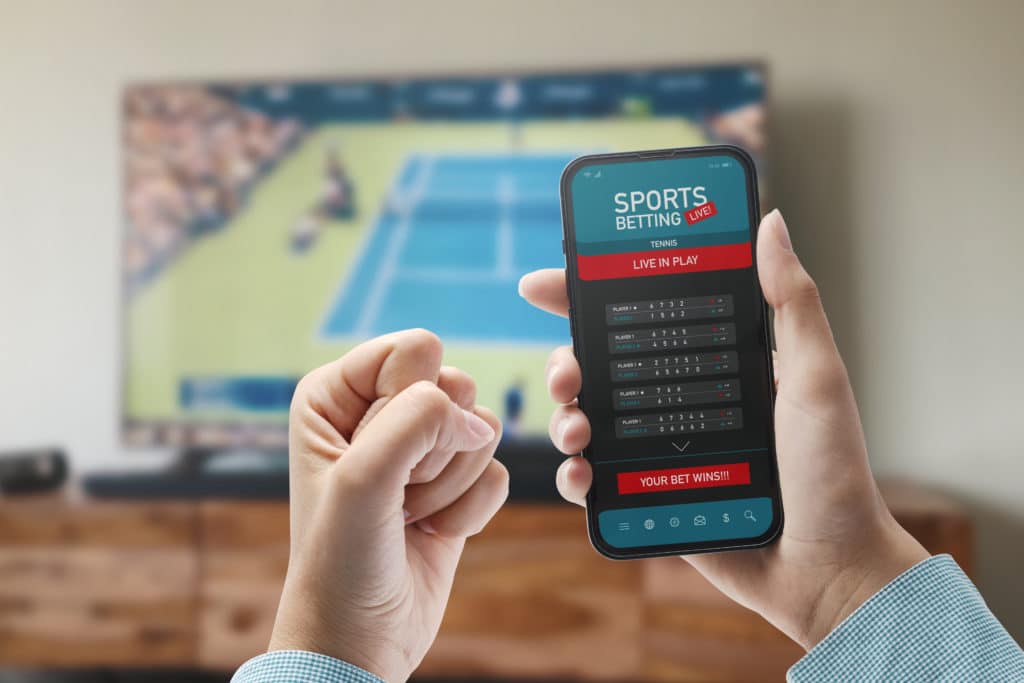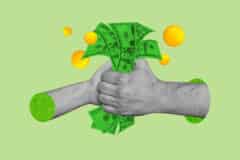I got a call a couple months back from a close friend:
“Yo, remember Steve from college? He just reached out. Told me he’s had a down streak gambling – like, down $400k bad. He and his wife both emptied their 401(k)s trying to crawl out of the hole. They’re officially moving back in with her parents.”
My jaw dropped.
I knew gambling was addictive. I had a hunch that legislation legalizing it would cause problems. But still – I wasn’t expecting that call. But maybe I should’ve been.
The Stats:
Some breathtaking stats on sports betting:
- A UCLA study found that in the states that have legalized sports betting, bankruptcy filings have gone up 28%.
- Americans bet $150 billion last year (and lost $13 billion) – roughly what we spent on Cyber Monday.
- Bookmakers shower problem gamblers with “VIP perks” meanwhile winning bettors get limited to betting a few dollars. The industry rewards losing and punishes winning.
- Sports betting addiction rates are twice as high as other gambling, and growing 30% faster than before legalization.
- The industry spent $434 million on advertising last year (about the same as asthma medication).
Frictionless Foraging:
Our brains evolved for a world of scarcity – where finding food, mates, or shelter required effort and uncertainty. The dopamine system that once motivated survival now gets hijacked by apps designed to exploit it.
Sports betting represents the ultimate frictionless foraging. What once required a trip to Vegas or a bookie’s phone number now happens with a thumb swipe.
Apps let you bet mid-game, mid-meal, mid-conversation. All the friction has been removed.
Our reward circuitry can’t distinguish between hunting for food and hunting for a winning bet.
The apps know this. They’ve weaponized our ancient reward systems with push notifications, live betting, and micro-transactions. What our brains interpret as “opportunity” is actually engineered exploitation. We didn’t evolve for this level of stimulation, and our primitive reward systems have no defense against it.
As I discussed in Hormesis, the right kind of stress builds resilience and capacity. But sports gambling? It’s frictionless reward on demand – no effort, no purpose, just clicks and anticipation.
Isn’t the Stock Market Just a Casino?
No. And we’ve written about this before in Racetrack > Casino.
Investing, done well, is about managing risk, harnessing time, and owning a share of productive enterprise. It’s based on value creation, not zero-sum extraction.
Gambling is the opposite. It’s rigged to pay out less than you put in. The longer you play, the worse your odds. The system isn’t trying to help you win. It’s trying to keep you playing.
One is designed to build wealth over decades.
The other is designed to separate you from it as efficiently as possible.
Final Thoughts:
Steve’s story isn’t unique – it’s becoming more common by the day. A generation raised on instant gratification met an industry that turned addiction into a business model.
The house always wins, but now the house has our phone number, knows our spending patterns, and sends us personalized invitations to lose money.
We built a frictionless path to financial ruin and called it entertainment. Maybe it’s time to add some friction back.






